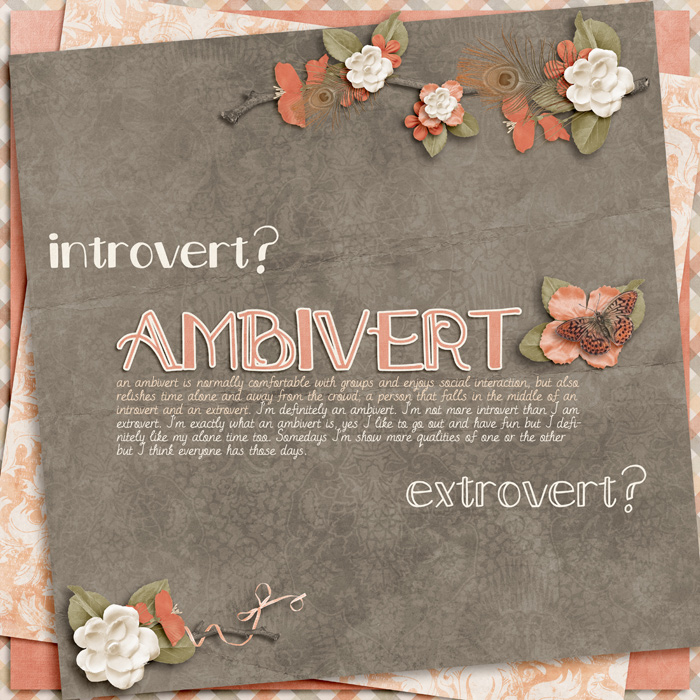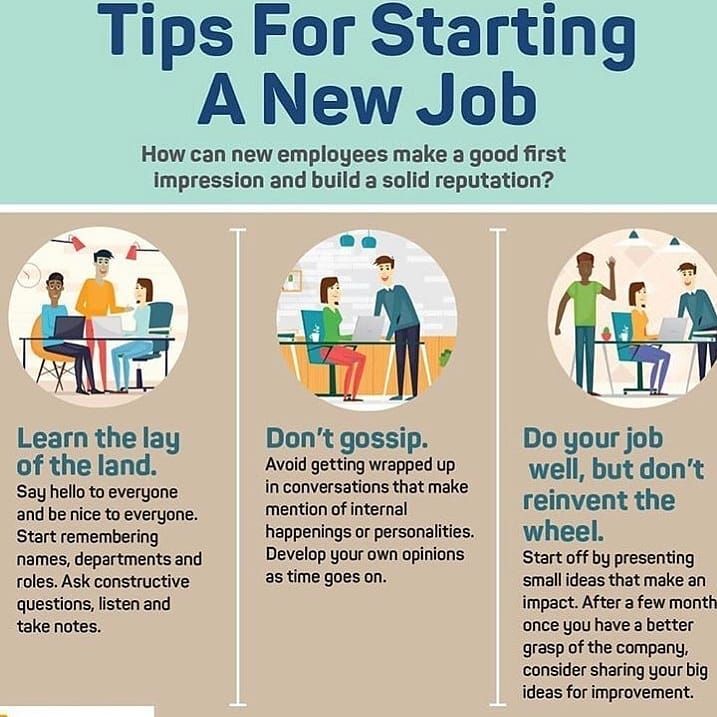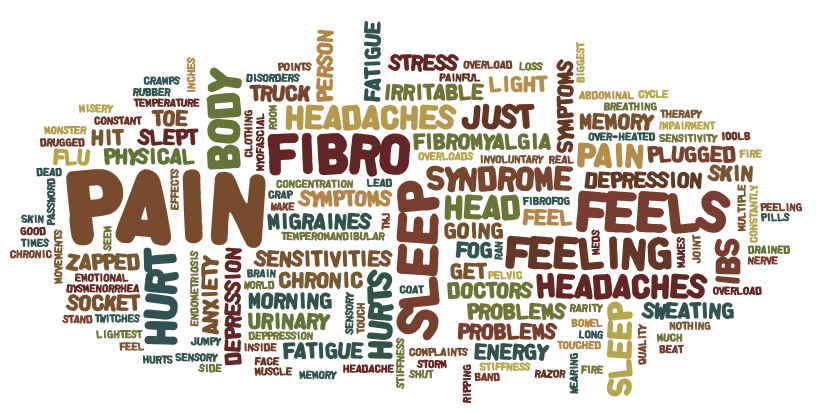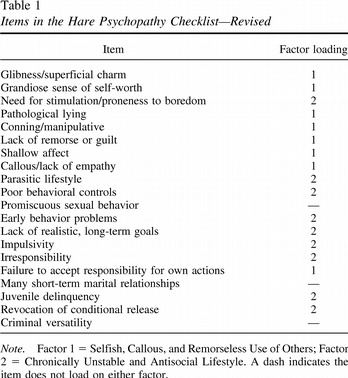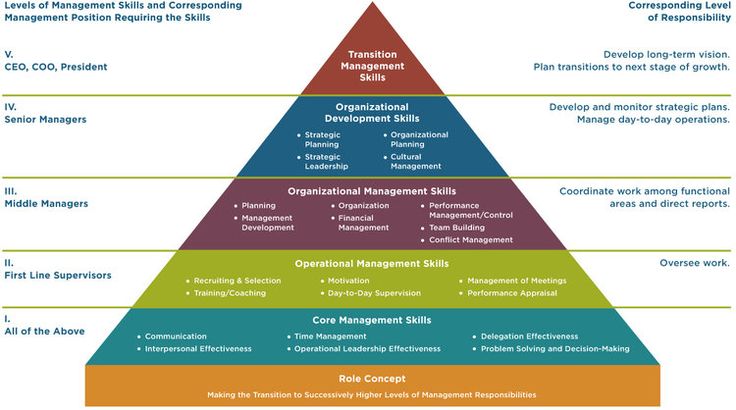Ostracism dysfunctional family
Families That Exclude, Ostracize, or Ignore and the Harm They Do
Theres nothing quite like the pain of being overlooked. It is a special kind of heartache. I often write and talk about how it affects children to grow up in a home that ignores their feelings, which is, by definition, Childhood Emotional Neglect or CEN.
When your parents act as if feelings are nothing you, as a child, receive a message that you are nothing. This is because your feelings are the deepest, most personal, biological expression of who you are. So if your deepest self does not matter, how can you believe that you matter?
Today we are going to take overlooked one step further. What happens if in your childhood home, you are not only overlooked, you are also actively excluded?
Some emotionally neglectful families do take the CEN to an even more harmful level. Some parents choose one child to especially ignore, essentially setting that child up to be treated as less important by their siblings too.
Other CEN parents use ignoring as a way to punish a child that has fallen into disfavor for whatever reason. Still others enjoy excluding one or another child as a power play, simply because he or she finds it rewarding.
When CEN Becomes ExclusionaryFirst, a word about exclusion and how it affects people, in general. Then, we will apply that to a child growing up in a family that either constantly or occasionally excludes him.
Research shows that exclusion can increase negative mood (Blackhart, et al., 2009) whether it happens in person, by text message, or through social media (Smith, 2004;Schneider 2017;Covert and Stefanone, 2018;Hales, 2018). Other research shows that social exclusion can make people feel that they dont belong and that they do not have control. It can also reduce their self-esteem (Gerber and Wheeler, 2009).
Still, other studies have found that feeling excluded actually lights up areas of the brain involved in physical pain, and that excluding an employee in the workplace is more harmful than workplace harassment.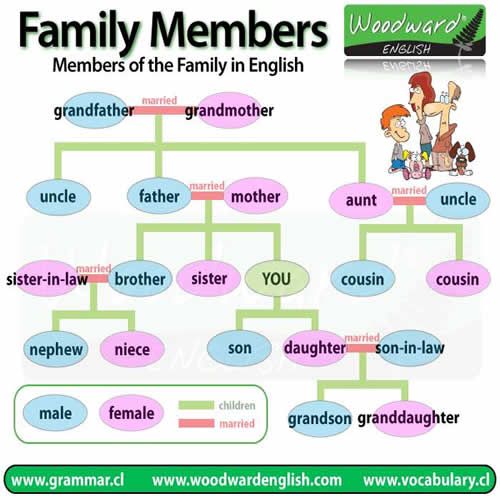
Interestingly, there is an increasing amount of research on exclusion in the workplace, which is a very important topic, of course.
But what happens if the exclusion you experience is in your own family? What happens if it starts when you are a child, while your brain is in the process of maturing? Surely, this must be even worse. And as a psychologist who has treated many parents, families and emotionally neglected adults, I can state clearly, without a doubt, that it is.
4 Forms of Exclusion in a CEN Family- Taking care to plan around the needs and wishes of certain family members while simultaneously ignoring one persons needs and wishes.
- Sharing criticisms or negative observations among family members about one family member. This is often done as in confidence, prefaced with things like, I wouldnt say this to anyone else, but your sister.., for example.
- Leaving one family member out of family activities or family jokes or stories.

- Responding less to one family member. This can even be subtle and not noticeable by most members of the family. Only the excluded one may be aware of or affected by it.
What would cause these kinds of family dynamics? Since families are complicated, so must the answer to this question be.
Some parents develop a misguided preference for one child over another, have more in common with some of their children and so inadvertently overlook the one that is different from themselves (even if that child is actually better than themselves in many ways).
Sometimes it is a matter of manipulation; one of the parents or siblings learns that they can make themselves feel more important or powerful by diminishing or excluding a member of the family, all to make themselves feel more on the inside, and therefore more central.
In other cases, this can be a natural result of the particular psychology of one of the parents.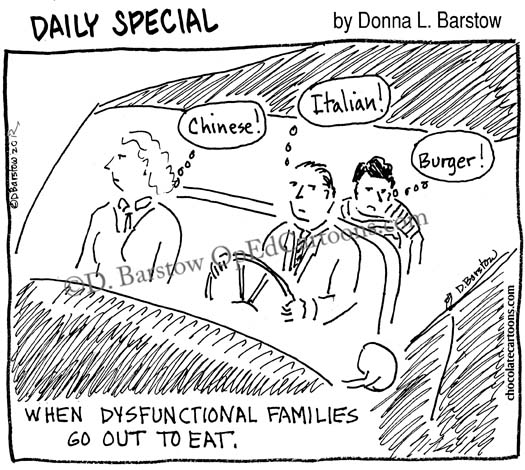 Some parents use their love as a spotlight, illuminating a momentarily favored child with their warmth when they are pleased, and then banishing that same child to the dark corners as soon as they do something displeasing. These parents are typically narcissistic personalities.
Some parents use their love as a spotlight, illuminating a momentarily favored child with their warmth when they are pleased, and then banishing that same child to the dark corners as soon as they do something displeasing. These parents are typically narcissistic personalities.
Growing up feeling excluded in your family sets you up for some unique and significant challenges throughout your adult life. They are challenges that are painful, yes. But they are also challenges that you can take control of, once you understand why you have them. And why you do not deserve them.
- You expect others to exclude you. Being in a group can be uncomfortable because its hard to believe that someone wont, at some point, push you out in some way.
- You tend to feel you dont belong. The excluded child, as an adult, finds it hard to feel a sense of membership and comfort among people; even if those people love and want her.

- You feel inherently flawed. This is what I call The Fatal Flaw in the book Running On Empty. An excluded child naturally assumes the exclusion is about him, not an artifact of parental or sibling weakness or personality disorder. He then grows up to assume theres something wrong with him, and he takes that feeling with him everywhere he goes.
When you grow up in an emotionally neglectful family of any variety, complete with active exclusion or simply being emotionally ignored or overlooked, there is hope. Childhood Emotional Neglect can be healed.
Once you are aware of the source of the exclusion that happened to you and can hold those responsible accountable in your own mind, you are freed up to realize that you are actually not flawed at all. You are not deserving of the harm that has been done you. And the people in your life are not about to reject you after all.
You deserve now the attention you did not get as a child.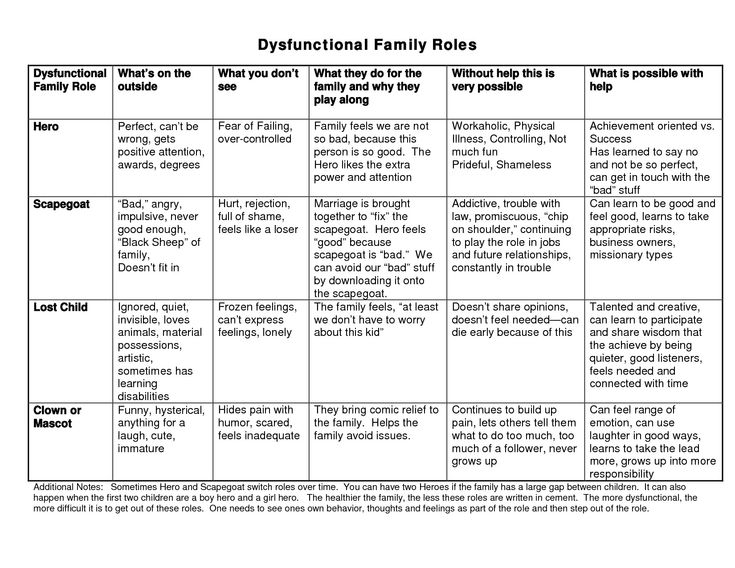 By accepting yourself as you are, by valuing what you now feel, need, think, and want; by realizing that you deserve to included; by taking the steps to heal your Childhood Emotional Neglect, you will finally know, once and for all, that you belong.
By accepting yourself as you are, by valuing what you now feel, need, think, and want; by realizing that you deserve to included; by taking the steps to heal your Childhood Emotional Neglect, you will finally know, once and for all, that you belong.
Childhood Emotional Neglect is often invisible and unmemorable, so it can be hard to know if you have it. To find out, Take the Emotional Neglect Test (link below). Its free.
To learn much more about CEN, how it happens, and how to heal it, see the book Running On Empty: Overcome Your Childhood Emotional Neglect (link below).
To learn how to address the effects of Childhood Emotional Neglect in your family, connect with your spouse and parents, and emotionally validate your children, see the book Running On Empty No More: Transform Your Relationships (also link below).
Families That Exclude, Ostracize, or Ignore and the Harm They Do
Theres nothing quite like the pain of being overlooked.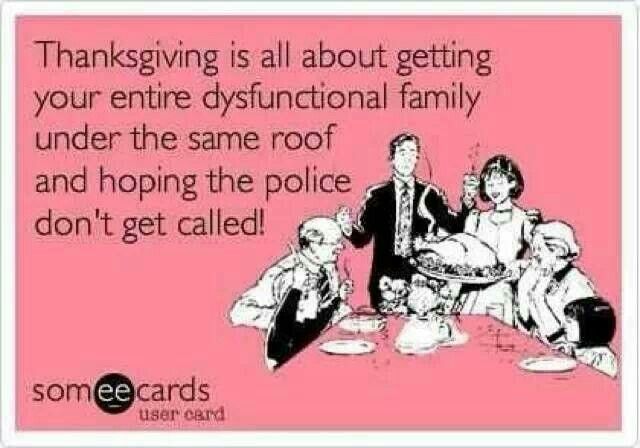 It is a special kind of heartache. I often write and talk about how it affects children to grow up in a home that ignores their feelings, which is, by definition, Childhood Emotional Neglect or CEN.
It is a special kind of heartache. I often write and talk about how it affects children to grow up in a home that ignores their feelings, which is, by definition, Childhood Emotional Neglect or CEN.
When your parents act as if feelings are nothing you, as a child, receive a message that you are nothing. This is because your feelings are the deepest, most personal, biological expression of who you are. So if your deepest self does not matter, how can you believe that you matter?
Today we are going to take overlooked one step further. What happens if in your childhood home, you are not only overlooked, you are also actively excluded?
Some emotionally neglectful families do take the CEN to an even more harmful level. Some parents choose one child to especially ignore, essentially setting that child up to be treated as less important by their siblings too.
Other CEN parents use ignoring as a way to punish a child that has fallen into disfavor for whatever reason.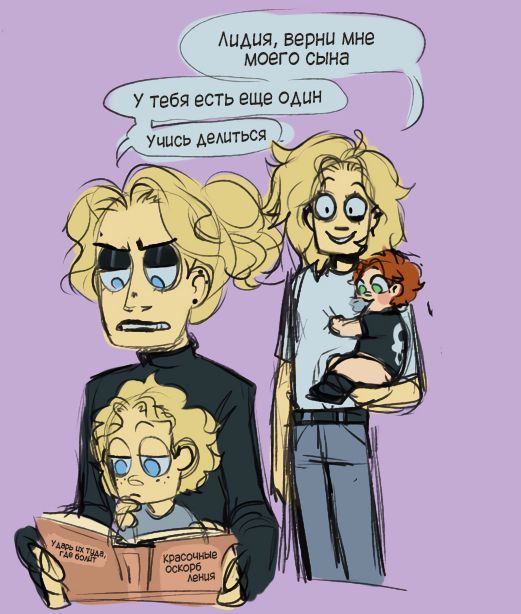 Still others enjoy excluding one or another child as a power play, simply because he or she finds it rewarding.
Still others enjoy excluding one or another child as a power play, simply because he or she finds it rewarding.
First, a word about exclusion and how it affects people, in general. Then, we will apply that to a child growing up in a family that either constantly or occasionally excludes him.
Research shows that exclusion can increase negative mood (Blackhart, et al., 2009) whether it happens in person, by text message, or through social media (Smith, 2004;Schneider 2017;Covert and Stefanone, 2018;Hales, 2018). Other research shows that social exclusion can make people feel that they dont belong and that they do not have control. It can also reduce their self-esteem (Gerber and Wheeler, 2009).
Still, other studies have found that feeling excluded actually lights up areas of the brain involved in physical pain, and that excluding an employee in the workplace is more harmful than workplace harassment.
Interestingly, there is an increasing amount of research on exclusion in the workplace, which is a very important topic, of course.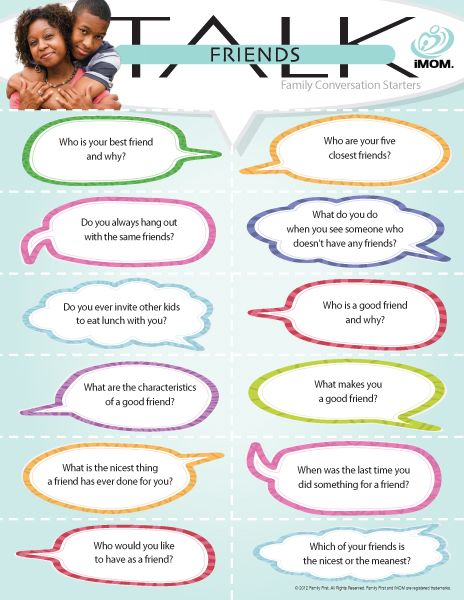
But what happens if the exclusion you experience is in your own family? What happens if it starts when you are a child, while your brain is in the process of maturing? Surely, this must be even worse. And as a psychologist who has treated many parents, families and emotionally neglected adults, I can state clearly, without a doubt, that it is.
4 Forms of Exclusion in a CEN Family- Taking care to plan around the needs and wishes of certain family members while simultaneously ignoring one persons needs and wishes.
- Sharing criticisms or negative observations among family members about one family member. This is often done as in confidence, prefaced with things like, I wouldnt say this to anyone else, but your sister.., for example.
- Leaving one family member out of family activities or family jokes or stories.
- Responding less to one family member. This can even be subtle and not noticeable by most members of the family.
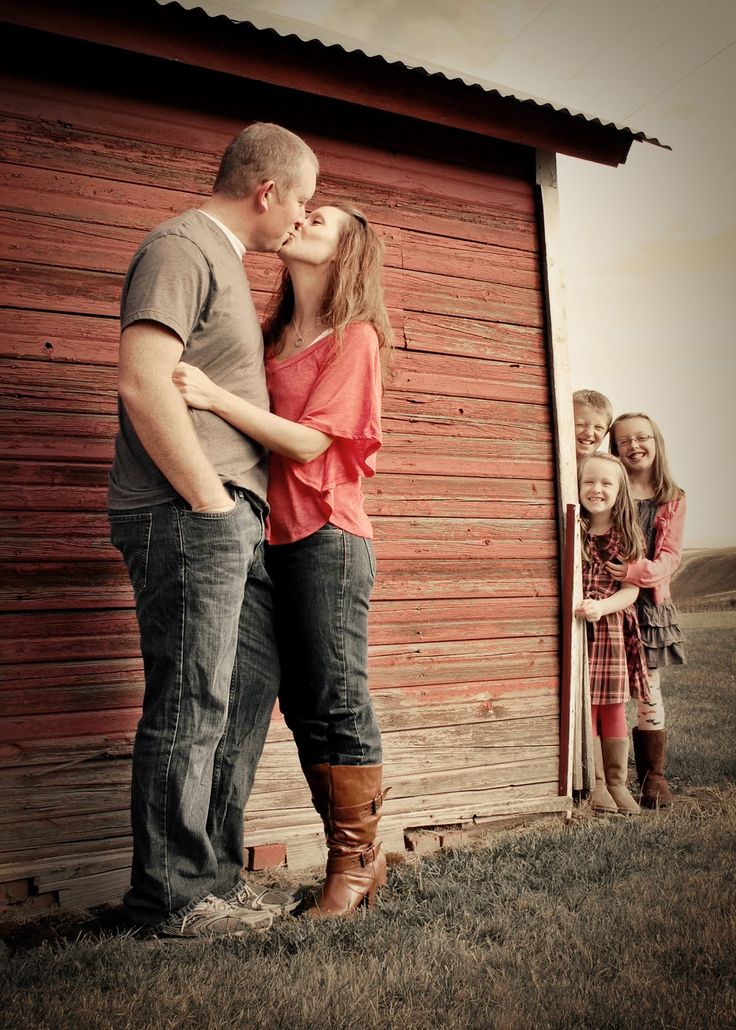 Only the excluded one may be aware of or affected by it.
Only the excluded one may be aware of or affected by it.
What would cause these kinds of family dynamics? Since families are complicated, so must the answer to this question be.
Some parents develop a misguided preference for one child over another, have more in common with some of their children and so inadvertently overlook the one that is different from themselves (even if that child is actually better than themselves in many ways).
Sometimes it is a matter of manipulation; one of the parents or siblings learns that they can make themselves feel more important or powerful by diminishing or excluding a member of the family, all to make themselves feel more on the inside, and therefore more central.
In other cases, this can be a natural result of the particular psychology of one of the parents. Some parents use their love as a spotlight, illuminating a momentarily favored child with their warmth when they are pleased, and then banishing that same child to the dark corners as soon as they do something displeasing. These parents are typically narcissistic personalities.
These parents are typically narcissistic personalities.
Growing up feeling excluded in your family sets you up for some unique and significant challenges throughout your adult life. They are challenges that are painful, yes. But they are also challenges that you can take control of, once you understand why you have them. And why you do not deserve them.
- You expect others to exclude you. Being in a group can be uncomfortable because its hard to believe that someone wont, at some point, push you out in some way.
- You tend to feel you dont belong. The excluded child, as an adult, finds it hard to feel a sense of membership and comfort among people; even if those people love and want her.
- You feel inherently flawed. This is what I call The Fatal Flaw in the book Running On Empty. An excluded child naturally assumes the exclusion is about him, not an artifact of parental or sibling weakness or personality disorder.
 He then grows up to assume theres something wrong with him, and he takes that feeling with him everywhere he goes.
He then grows up to assume theres something wrong with him, and he takes that feeling with him everywhere he goes.
When you grow up in an emotionally neglectful family of any variety, complete with active exclusion or simply being emotionally ignored or overlooked, there is hope. Childhood Emotional Neglect can be healed.
Once you are aware of the source of the exclusion that happened to you and can hold those responsible accountable in your own mind, you are freed up to realize that you are actually not flawed at all. You are not deserving of the harm that has been done you. And the people in your life are not about to reject you after all.
You deserve now the attention you did not get as a child. By accepting yourself as you are, by valuing what you now feel, need, think, and want; by realizing that you deserve to included; by taking the steps to heal your Childhood Emotional Neglect, you will finally know, once and for all, that you belong.
Childhood Emotional Neglect is often invisible and unmemorable, so it can be hard to know if you have it. To find out, Take the Emotional Neglect Test (link below). Its free.
To learn much more about CEN, how it happens, and how to heal it, see the book Running On Empty: Overcome Your Childhood Emotional Neglect (link below).
To learn how to address the effects of Childhood Emotional Neglect in your family, connect with your spouse and parents, and emotionally validate your children, see the book Running On Empty No More: Transform Your Relationships (also link below).
Five forms of dysfunctional families:
1. Families where parents shirk fulfillment of parental responsibilities. This evasion involves systematic non-fulfillment of parental debt, lack of care for their children (do not feed, do not provide the necessary clothing, medical care, nothing don't do to meet vital important needs of the child). family, in which "difficult" parents. it often a single mother whose child hinders personal life. Atmosphere in such a family is characterized by coldness, indifference, spiritual deprivation conflict. nine0003
family, in which "difficult" parents. it often a single mother whose child hinders personal life. Atmosphere in such a family is characterized by coldness, indifference, spiritual deprivation conflict. nine0003
2. Domestic drinking and families where parents suffering from chronic alcoholism or addiction. Such a dysfunctional family is characterized by systematic alcohol abuse, collection at the place of residence of strangers persons, immoral behavior of parents, their scandals and fights.
3. Families with abuse appeal from parents or other members families with children.
The ill-treatment is physical or mental abuse over the child: beatings, torture, threats, instilling a sense of fear, suppression any will of the child. nine0003
4. Families where parents abuse their rights, create such conditions, that make it difficult for a child to get education, demonstrate their power, using the helpless state of the child; teach him to drink alcohol or drugs, are introduced to begging etc.
Abuse of rights is not the nature of one-time actions, but is expressed across a range of activities.
5. Families characterized by pedagogical parental illiteracy. In such a family parents do not understand children, discover complete ignorance of methods of influence, underestimate the importance of family education, undermine the authority of the OU and teachers. nine0003
Diktat in the family is manifested in systematic behavior alone family members (mostly adults) initiatives and feelings own dignity in others members.
Parents, of course, can and should make demands on your child based on the goals of education, moral standards, specific situations in which accept pedagogically and morally justified decisions. However, those of them who prefer all kinds Impact order and violence, face with the resistance of a child who responds to pressure, coercion, threats with their countermeasures: hypocrisy, deceit, outbursts of rudeness, and sometimes frank hatred. But even if resistance is broken, along with him are broken and many valuable personality traits: independence, self-esteem, initiative, faith in oneself and in one's own opportunities. Reckless authoritarianism parents, ignoring the interests and opinions of the child, systematic deprivation his right to vote in matters related to him - all this is a guarantee serious failures forming it personality. nine0003
But even if resistance is broken, along with him are broken and many valuable personality traits: independence, self-esteem, initiative, faith in oneself and in one's own opportunities. Reckless authoritarianism parents, ignoring the interests and opinions of the child, systematic deprivation his right to vote in matters related to him - all this is a guarantee serious failures forming it personality. nine0003
Guardianship in the family is a system relationships in which parents providing job satisfaction all the needs of the child, shield him from any worries, efforts and difficulties, accepting them. Question on the active formation of personality recedes into the background. In the center educational influences is another issue is satisfaction the needs of the child and protecting him then difficulties. Parents basically block the process of seriously preparing their children to face reality beyond the threshold native home. It is these children who are more unsuited to life in team.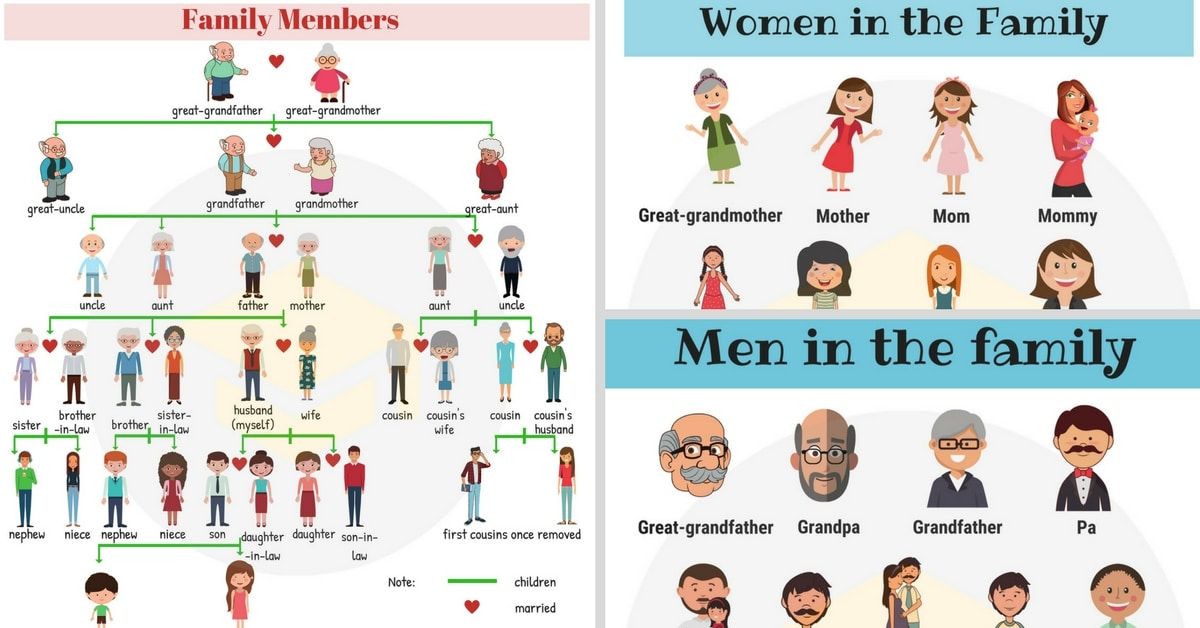 nine0003
nine0003
According to psychological observations it is this category of teenagers that gives the largest number of breakdowns in the transitional age. Just these children who it would seem that there is nothing to complain about, they begin rebel against excessive parenting guardianship. If dictate involves violence, order, rigid authoritarianism, then guardianship - care, protection from difficulties. However, the result is largely the same: children lack independence initiative, they are somehow sidelined from resolving issues that concern them personally, and especially the general problems of the family. nine0003
On the recognition of the possibility and even the feasibility of an independent the existence of adults from children, build tactics "non-intervention". It is assumed that they can coexist two worlds: adults and children, and neither one nor the other should to cross over line. Most often this type relationship lies passivity parents as educators.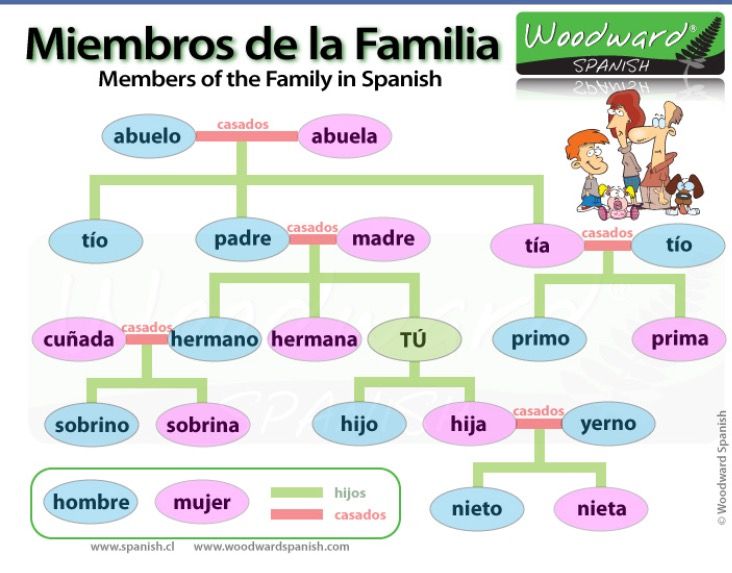
Cooperation as type family relationships involve mediation of interpersonal relationships in the family with common goals and objectives joint activities, its organization and high moral values. It is in this situation that one overcomes selfish individualism of the child. Family, where the leading type of relationship is cooperation, acquires special quality, becomes a group high level of development - as a team. nine0003
Great importance in the development self-esteem has a family style upbringing, family values . There are three styles of family education: - democratic - authoritarian - permissive (liberal).
With a democratic style before the best interests of the child are taken into account. Consent style.
With an authoritarian style by parents imposes his opinion on the child. Style "suppression".
With a condoning style baby provided to itself. nine0003
nine0003
Emotional alienation - Manifestation mental automatism. Sick experiencing a sense of loss of control their emotions arising and disappearing as a result of an outsider impact.
Opposition - 1) opposition, resistance, opposition their views, their policies, any other politics, other views. 2) Party or dissenting group majority or dominant opinion. Parliamentary O. - parties or groups in the capitalist parliaments countries not participating in the formation governments on a number of questions against government politicians. Intra-Party O. - groupings, opposed to any fundamental questions of party policy and its governing bodies. nine0003
Ostracism eng. ostracism - legal or a group sanction consisting of expulsion of the convicted person from society or groups. This rejection or disregard the person around. It deprives a person opportunity to meet your needs in affiliation (affiliation).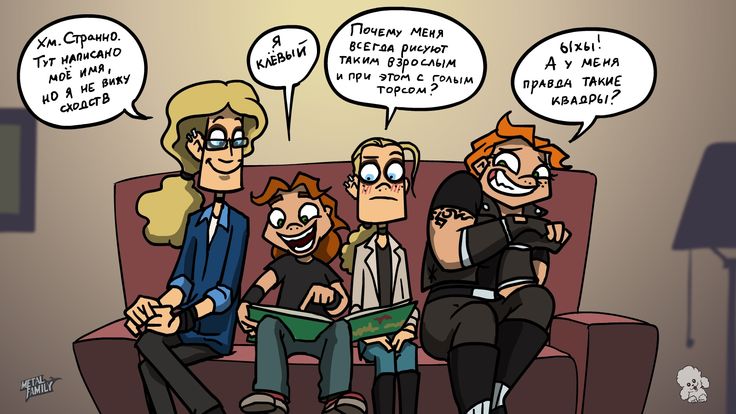 Ostracism plays the role of a means of regulation social behavior, relationships with people. People react to ostracism bad mood, nervousness, trying to rebuild relationships or final break. Don't talk with a person means to show attitude towards him "emotional cruelty" and use "the most terrible weapon" - such is the opinion of people ostracized. Even being ignored by strangers (for example, when a person gets into unfamiliar company or when email remains unanswered) causes negative feelings. nine0003
Ostracism plays the role of a means of regulation social behavior, relationships with people. People react to ostracism bad mood, nervousness, trying to rebuild relationships or final break. Don't talk with a person means to show attitude towards him "emotional cruelty" and use "the most terrible weapon" - such is the opinion of people ostracized. Even being ignored by strangers (for example, when a person gets into unfamiliar company or when email remains unanswered) causes negative feelings. nine0003
Dissociation - mental process, related to the mechanisms of psychological protection. As a result of this work mechanism a person begins to perceive happening to him as if happens not to him, but to someone else. This "dissociated" position protects against excessive, intolerable emotions.
The term "dissociation" was coined in late 19th century French psychologist and doctor P. Janet, who noticed that a complex of ideas can split off from main personality and exist independently and outside of consciousness (but may be brought back to consciousness by hypnosis). nine0003
nine0003
Dissociation is quite common although not used by most people under normal conditions, protection. People, experienced the operation of this mechanism, usually describe dissociated state with phrases like: "as if it didn't happen to me." In some cases a person can dissociate from oneself, which begins how to see yourself from the side, right up to the sensation of leaving the body.
Normal dissociation is a response to psychological trauma, severe negative experience in the conditions requiring emotional concentration and control over their own actions. Turning to the perception of events life, as it were, from the outside, a person receives the opportunity to soberly evaluate them and react with cold calculation
Although the adaptive dissociation function protective in itself, this mechanism can be used by some people to protect not only from complex and dangerous situations requiring immediate sober assessment, but also from just emotionally unbearable events.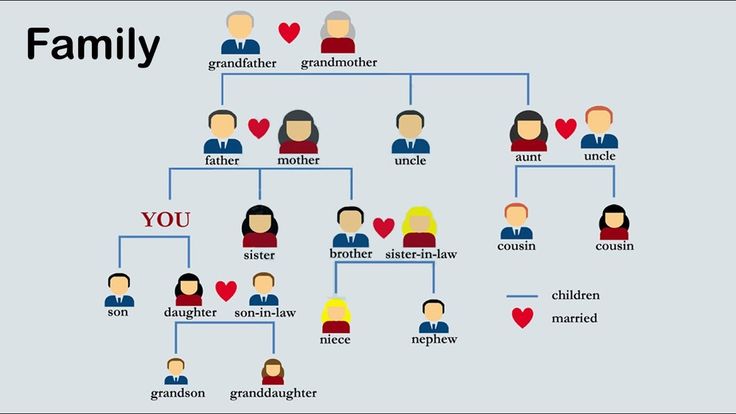 People who are hypersensitive to negative emotions can dissociate in the most ordinary for other people situations that require emotional involvement. Such people are hard to establish emotional contact, seem exceptionally cold and cold-blooded. Providing the ability to "soberly" evaluate any situation, dissociation, often blocks the ability to adequately evaluate its emotional component. People are especially prone to dissociate repeatedly transferred (especially in childhood) severe psychological trauma: survivors of violence disaster, etc. nine0003
People who are hypersensitive to negative emotions can dissociate in the most ordinary for other people situations that require emotional involvement. Such people are hard to establish emotional contact, seem exceptionally cold and cold-blooded. Providing the ability to "soberly" evaluate any situation, dissociation, often blocks the ability to adequately evaluate its emotional component. People are especially prone to dissociate repeatedly transferred (especially in childhood) severe psychological trauma: survivors of violence disaster, etc. nine0003
Nancy McWilliams describes dissociation as the central protection of people with multiple disorder personality. In general, this protection lies in basis of all dissociative disorders.
Types of wrong education:
Hypoprotection (insufficient guardianship).
This kind of wrong upbringing in extreme form is manifested in full neglect, but more often only a disadvantage guardianship and behavior control.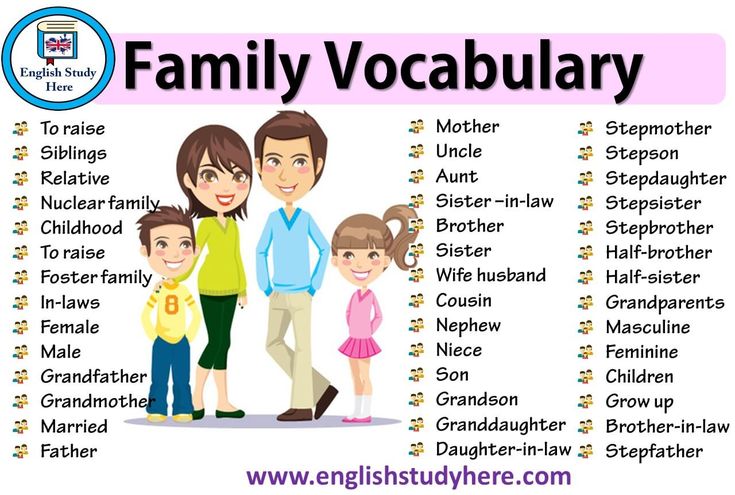 Sometimes hypoprotection extends to such degree that the child is completely abandoned - unfed, undressed. But in our time of universal material wealth more often hypoprotection does not affect satisfaction the immediate needs of the child, but is manifested only lack of attention, care and guidance, the true interest of parents to his affairs, worries, hobbies. nine0003
Sometimes hypoprotection extends to such degree that the child is completely abandoned - unfed, undressed. But in our time of universal material wealth more often hypoprotection does not affect satisfaction the immediate needs of the child, but is manifested only lack of attention, care and guidance, the true interest of parents to his affairs, worries, hobbies. nine0003
Hidden hypoprotection observed when control over behavior and the life of a child is extremely formalism. He feels that he is older not up to him what they bear against him only burdensome duties for them, and would be glad to get rid of them. Hidden hypoprotection is often combined with the hidden emotional rejection. The child usually learns bypass the formal control of elders and begins secretly from them to live his own life.
"Mowgli" from Ekibastuz: how Kazakh online media told about a large family
“It is necessary to sort out and solve systemic problems – the integration of government agencies, formalism where it is unacceptable, and issues of internal migration,” this was the conclusion reached on Channel Seven after analyzing the case of a large family from Ekibastuz, which last week deeply struck (judging by vocabulary) a large number of Kazakh journalists.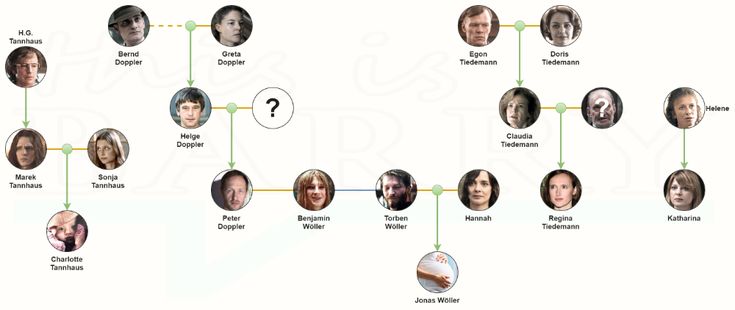 And if on TV channels the situation in which four young children were left without proper care and care was described relatively restrainedly, the reporters of online portals were not at all shy in their expressions. nine0003
And if on TV channels the situation in which four young children were left without proper care and care was described relatively restrainedly, the reporters of online portals were not at all shy in their expressions. nine0003
The oldest child found by volunteers is seven years old. When, after a few years, he has mastered the Internet search to perfection and accidentally (or not) stumbles upon a wave of news notes about his own family, he must be horrified by what he sees. The main set of metaphors that make up headlines and are dedicated to describing the state of children looks like this: “sick”, “hungry”, “undressed”, “exhausted”, “exhausted”, “starved”, “non-walking”. In some cases, the titles of the news articles also betrayed the attitude of the authors to the situation: for example, the children appeared either in a “creepy” or “terrifying” state, and Ulysmedia.kz immediately decided that it was about “outrageous cruelty”. nine0003
Another common way to tell the audience about children from an Ekibastuz family was to use the concept of “Mowgli children”.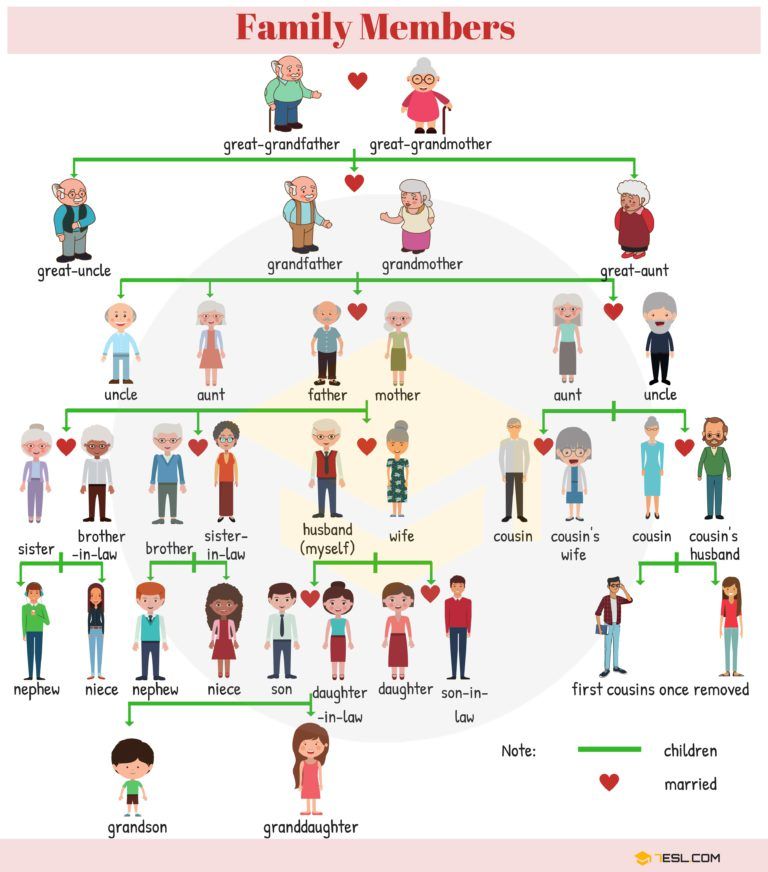 Almost everyone, without exception, took advantage of it, and only Kazinform, which published only one note about a "dysfunctional family", limited itself to the following wording: "They were like Mowgli." It is important that, while stating this, the author made a reference to the words of the volunteers, who, in truth, own this emotional and unfair assessment.
Almost everyone, without exception, took advantage of it, and only Kazinform, which published only one note about a "dysfunctional family", limited itself to the following wording: "They were like Mowgli." It is important that, while stating this, the author made a reference to the words of the volunteers, who, in truth, own this emotional and unfair assessment.
Most Kazakhstani journalists took it uncritically, although a cursory search on the Web shows a different picture of the symptoms characteristic of children who grew up no human contact . In such cases, as a rule, we are talking about the inability to speak, walking on all fours, fear of people, mental disorders and ... excellent health. In the case of Ekibastuz, we are dealing with children who, without a doubt, are familiar with human speech, upright posture and, unfortunately, are not a model of healthy children. But the tradition of calling children neglected or abandoned by their parents "Mowgli" is deeply rooted in the Russian-language journalism of Kazakhstan. At the beginning of 2020, in the suburbs of Kyzylorda, for example, they also found a “boy-mowgli”. “The homeless child was so nicknamed because they found him in the reeds,” the television men explained exhaustively then. nine0003
At the beginning of 2020, in the suburbs of Kyzylorda, for example, they also found a “boy-mowgli”. “The homeless child was so nicknamed because they found him in the reeds,” the television men explained exhaustively then. nine0003
In addition to the largest family, relatives of the main characters were also subjected to journalistic ostracism. Especially in this sense, "Letter" distinguished itself, which, without unnecessary sentimentality, told its audience: "Volunteers saved the little drunkard, who turned out to be the aunt of the Mowgli children from Ekibastuz." It could be assumed that one of the commentators of the note spoke so impolitely about the woman, but nothing of the kind was found in the body of the article.
Following the “aunt”, the reputation of grandparents also went to waste: “Her parents also live there, who also drink. The one-year-old child was left to himself and just froze, ”the publication continues shamelessly. A week later, on the air of Channel One Eurasia, the head of the rural police department said exactly the opposite: “Upon arrival, the house was heated, grandparents were in place, the child was also at home.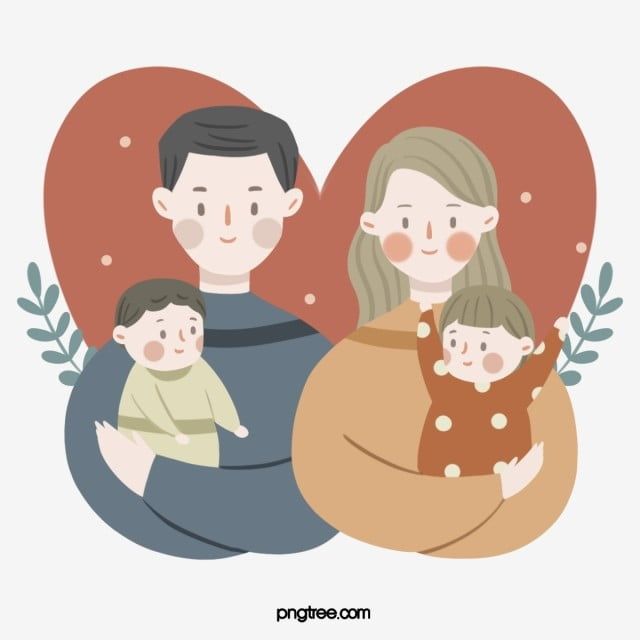 Grandma no, she doesn't drink, she works. Grandpa doesn't work. The child was supervised, fed, there was food.” nine0003
Grandma no, she doesn't drink, she works. Grandpa doesn't work. The child was supervised, fed, there was food.” nine0003
An Express K correspondent also visited the elderly people “in order to learn first-hand the details of the family's life”. The journalist did not find any sensations in a modest rural house, although she later issued a note entitled “Grandmother and grandfather of four emaciated kids disowned their grandchildren.” “The Repudiation” the author probably caught in the following words of her interlocutor: “The daughters grew up, got married, and we practically do not communicate. Well, I don't know why. We do not burden them with our problems, and they do not burden us with theirs. Relations are not bad, but they have their own life, and we have our own. The footage shows a tidy house inside and out, a smiling middle-aged man and a woman at the table. “Will you write anything about us too? We just haven’t read about ourselves on the Internet, ”complained the main character and was not mistaken. nine0003
nine0003
After collecting traffic from the scandalous story and listing all the officials punished for inaction, some of the journalists made an unexpected attempt to highlight the problem. The Azattyq Rýhy editors, for example, decided to find out “how it happened that the children were lost for responsible services.” The Ministry of Education and Science could not bring clarity to this issue, so the comments of the lawyer Khalida Azhigulova and the doctor Ruslan Izbasarov became the main ones in the text. Both speakers blamed government agencies (“failure of interdepartmental work” and “banal negligence”), and Azhigulova also updated the agenda of gender inequality in the republic. While men predominate among the heads of state structures, it is women who work in the field and in the field with children - often in the absence of any conditions, she noted. nine0003
Ratel.kz also approached the situation from a gender perspective. The day after the volunteers publicized and showed the whole country the Ekibastuz life of a single large family, an exclusively misogynistic text appeared on the Internet portal: “How to stop women who give birth non-stop “for the state””.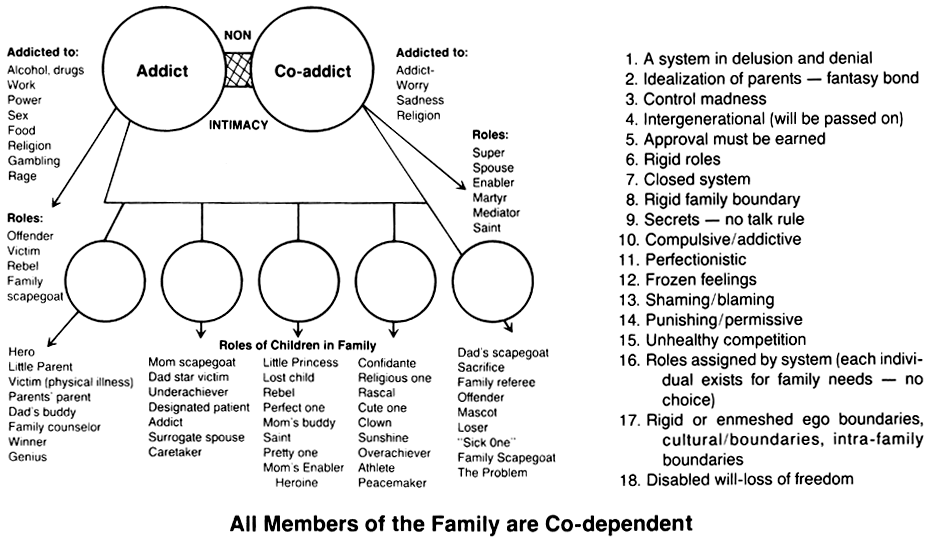 The author, apparently, talked with volunteers and painted with large strokes a portrait of a typical (ungrateful) mother of many children: wipe the floor in the house, stubbornly continues to give birth. And in the next text on the same topic, women also got it for the courage to open their mouths: “... mothers of large families have since made it a habit to leave their babies in order to get together and make trouble for any reason.” nine0003
The author, apparently, talked with volunteers and painted with large strokes a portrait of a typical (ungrateful) mother of many children: wipe the floor in the house, stubbornly continues to give birth. And in the next text on the same topic, women also got it for the courage to open their mouths: “... mothers of large families have since made it a habit to leave their babies in order to get together and make trouble for any reason.” nine0003
A mother of four from Ekibastuz also now has her own selection of descriptions from Kazakh journalists. So, the correspondent of the publication "Vremya" made her non-obvious conclusion about the woman after a conversation with volunteers: "Children have not seen maternal love and care throughout their lives, although their mother has been nearby all this time." About the lack of paternal love and care, as usual, not a word.
In other cases, the authors of news articles about a large family diligently supplemented the texts with a background, including links to supposedly similar situations previously covered in the media.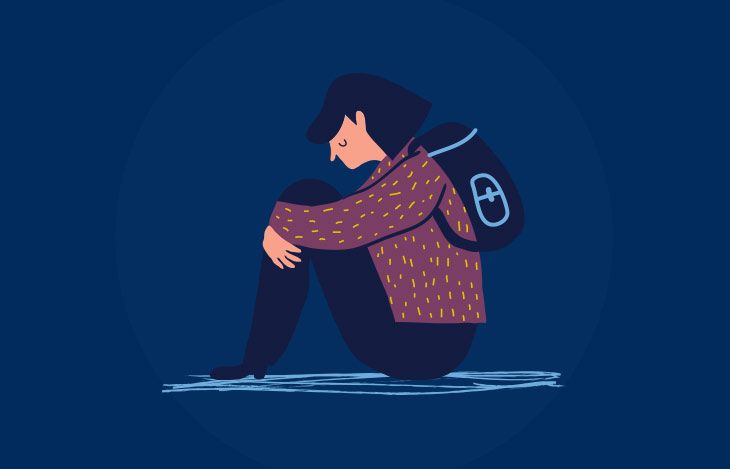 NewTimes.kz recalled the story of a 52-year-old woman who was found by neighbors in a "terribly neglected" rented apartment. The heroine, who is experiencing obvious health problems, despite this, was immediately appointed the culprit of her plight and received the characteristic "lousy" from the doctors who treated her. In "Litera" the mother of Ekibastuz children was compared to a woman who "left her six-month-old daughter and had fun for a week" last fall. And although the issue of deprivation of parental rights will be considered in relation to both parents, then only the mother was accused of improper upbringing of the child. nine0003
NewTimes.kz recalled the story of a 52-year-old woman who was found by neighbors in a "terribly neglected" rented apartment. The heroine, who is experiencing obvious health problems, despite this, was immediately appointed the culprit of her plight and received the characteristic "lousy" from the doctors who treated her. In "Litera" the mother of Ekibastuz children was compared to a woman who "left her six-month-old daughter and had fun for a week" last fall. And although the issue of deprivation of parental rights will be considered in relation to both parents, then only the mother was accused of improper upbringing of the child. nine0003
In Kazakhstan, one must think, 2022 should have been declared the year of the fathers - perhaps just such a schedule would at least slightly enlighten those journalists who are accustomed to presenting women as the only ones responsible for what happens to children. And while this is so, publicity - as in the case of the Ekibastuz married couple - will indulge in the names and surnames of the wife's relatives, and not the husband.

